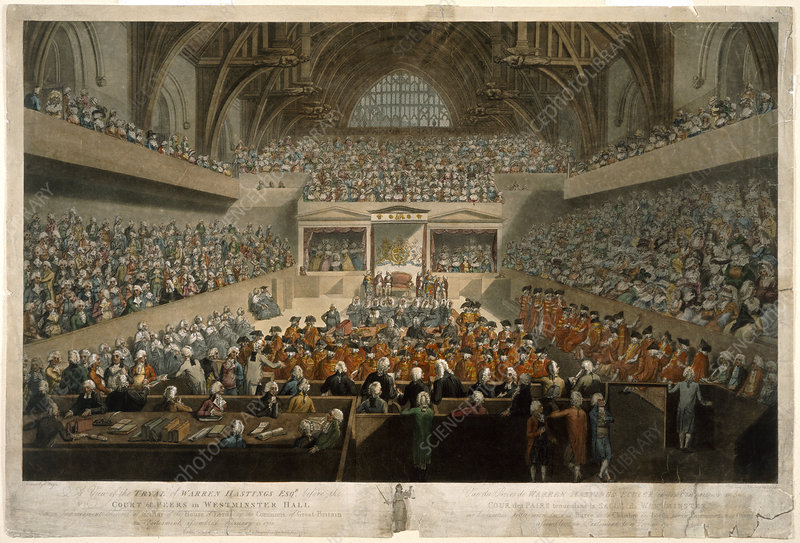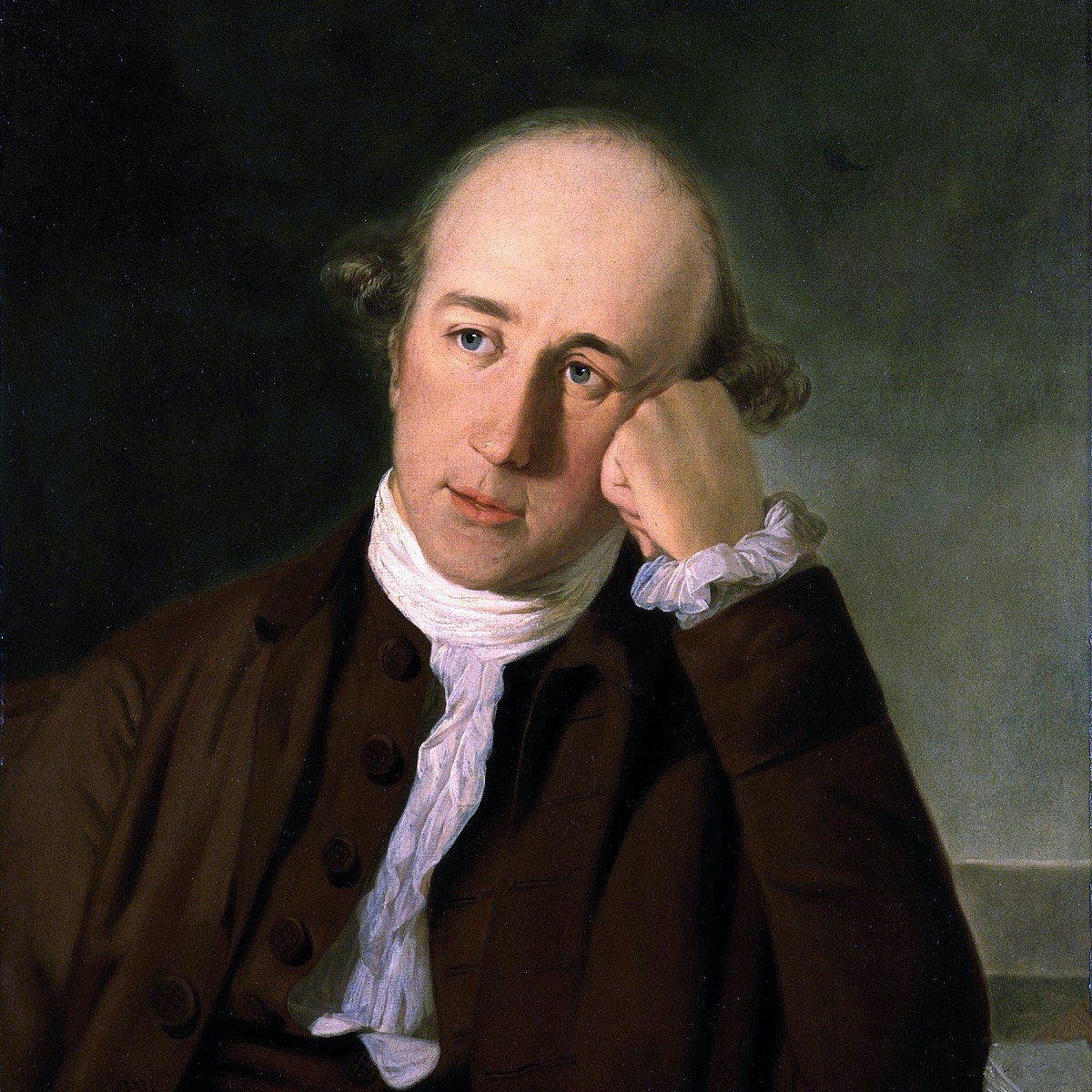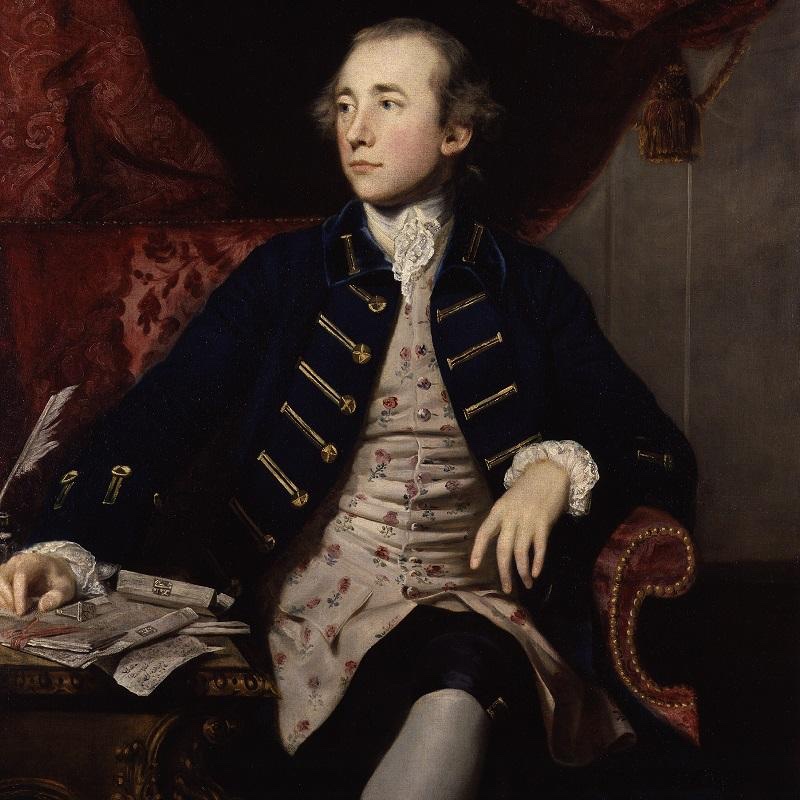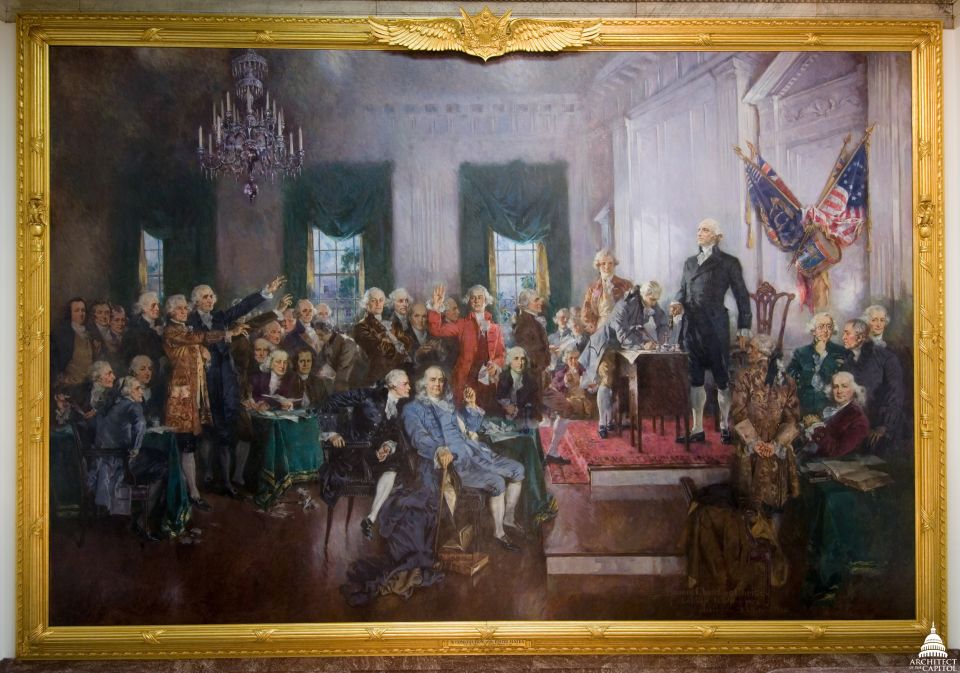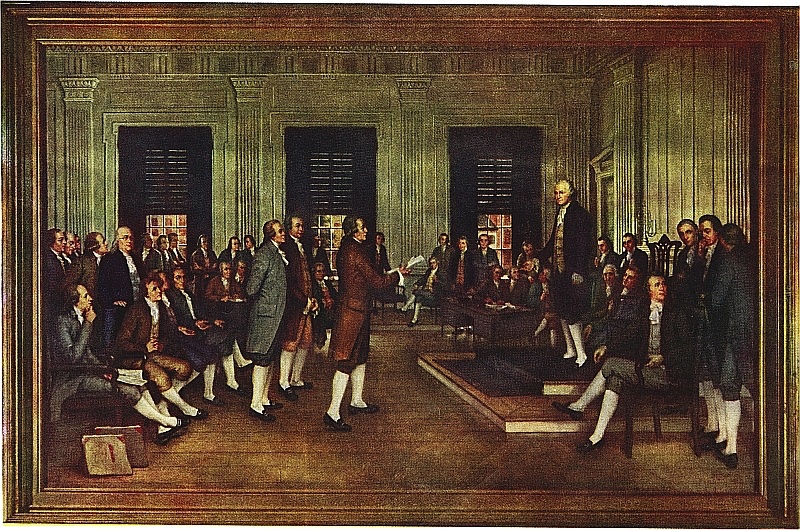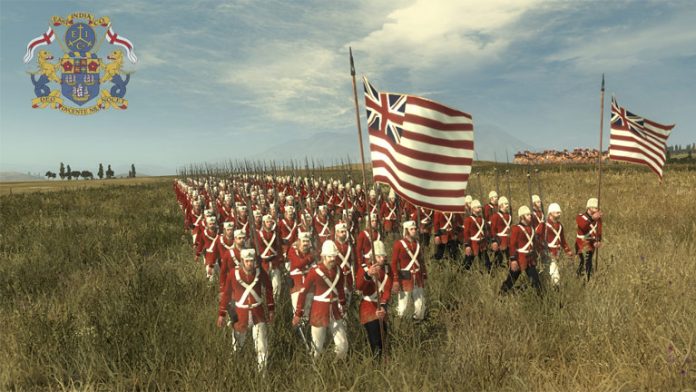As #impeachment becomes everyone's new obsession, take a minute to recall the South Asian contribution to how the US Constitution framed the idea. Yes, of course, this is a story about the British East India Co. Specifically, Warren Hastings, Governor General of Bengal (1773-85).
Expect to hear a lot about Lord Hastings who holds a key to whether someone can be impeached AFTER leaving office (yes, they can!) He was Governor-General Fort William (Bengal) Presidency, 1773-85; was accused and impeached for corruption, 1787; and (very) famously tried 1788-95.
Do read the dates carefully. Relevant not only because he was impeached & tried AFTER he left office but as his very famous case was unfolding right when the US Constitution authors were adopting their impeachment clause (based on British parliamentary authorities) in June 1787.
The Hastings case was a global sensation. Celebrity lawyer Edmund Burke tried him. Framers of the US Constitution followed it and even used 'Hastings' as a shorthand for their own impeachment clause; the phrase “high crimes & misdemeanors” came directly from Hastings impeachment.
Shadows of colonial abuse of power, corruption & fraud (whether Clive's or Hastings') in EIC Bengal were on the minds of US colonials as they considered 'impeachable offence'. In fact, in many even more profound ways; eg. the context of the taxation without representation issue.
The authority on this is @DalrympleWill who will, I hope, correct my mistakes above.
BTW, a book is waiting to be written on the influence of the East India Company on USA (is there really a flag connection?). I had once hoped @NVJRobins1 would write it. https://twitter.com/AdilNajam/status/1332757093510688773?s=20
BTW, a book is waiting to be written on the influence of the East India Company on USA (is there really a flag connection?). I had once hoped @NVJRobins1 would write it. https://twitter.com/AdilNajam/status/1332757093510688773?s=20

 Read on Twitter
Read on Twitter